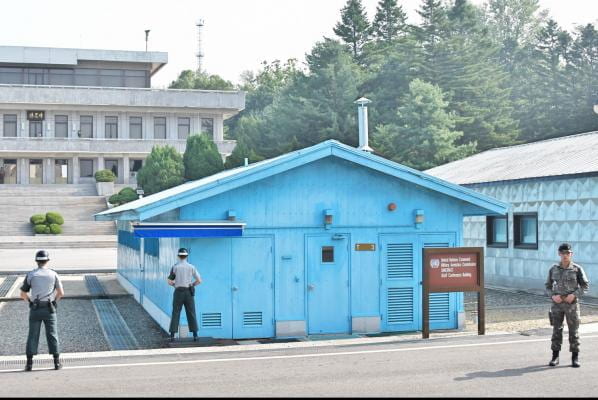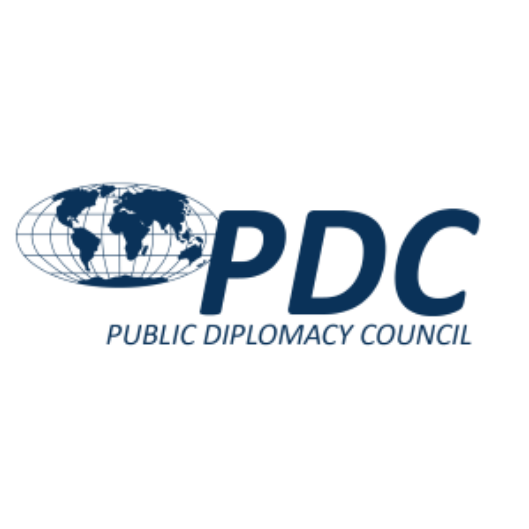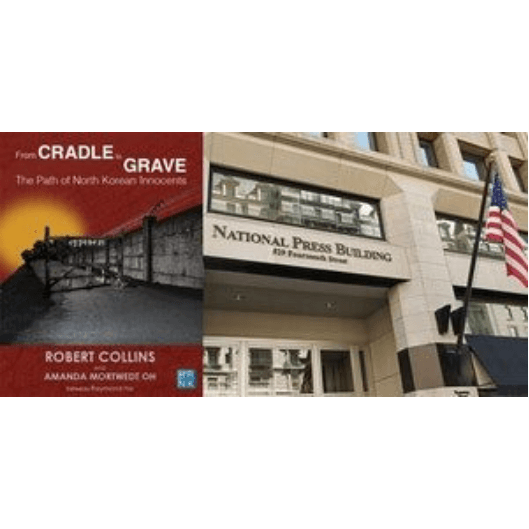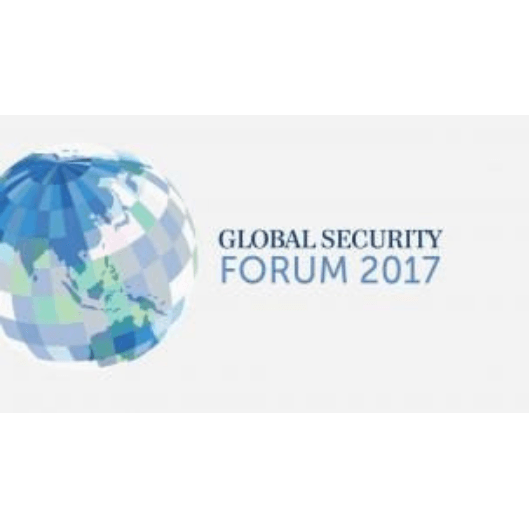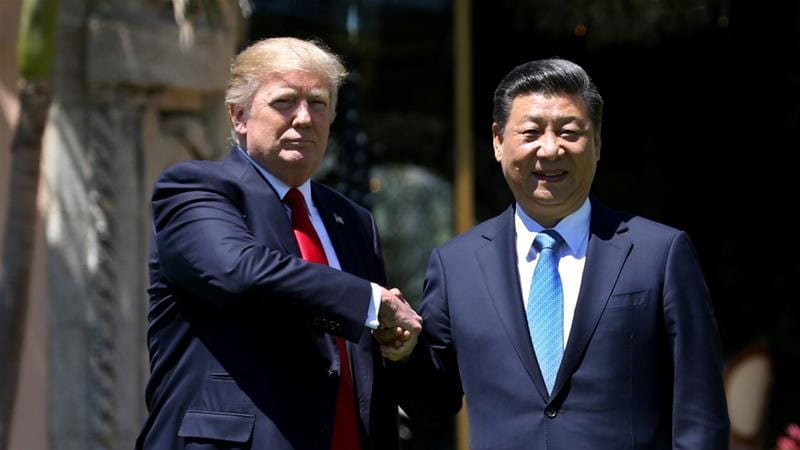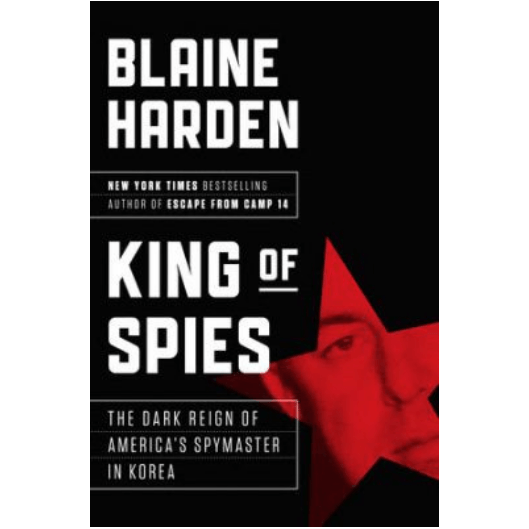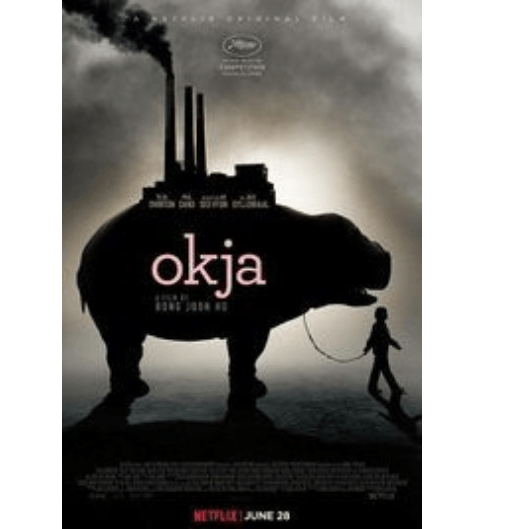Challenges of Reporting on Korea: U.S. & Korean Media Perspectives
by US-Korea Institute at SAIS & United Press International
Wed, November 15, 2017, 3:00 PM – 5:00 PM EST
Rome Auditorium
1619 Massachusetts Ave NW
Washington, DC 20036
DESCRIPTION
United Press International (UPI) and the US-Korea Institute (USKI) cordially invite you to a special event at the Johns Hopkins School of Advanced International Studies (SAIS). The event will feature reporters from UPI, USA Today, Chosun Ilbo, and YTN, who will shed light on the role and perspectives of media coverage in the Koreas.
As tensions and rhetoric rise between North Korea and the United States, the role of the media is becoming even more important in shaping the public debate. The media’s reporting in Korea and the US is playing an active role in shaping viewpoints and driving public policy discussions. The event will center on US and South Korean-based media coverage of the growing threats with North Korea and examine the contrast between US-based media and those on-the-ground in South Korea.
The panel will include:
- Michael Marshall (Moderator)
- Elizabeth Shim, United Press International
- Oren Dorell, USA Today
- Kang In-Sun, Chosun Ilbo
- Heejun Kim, YTN
